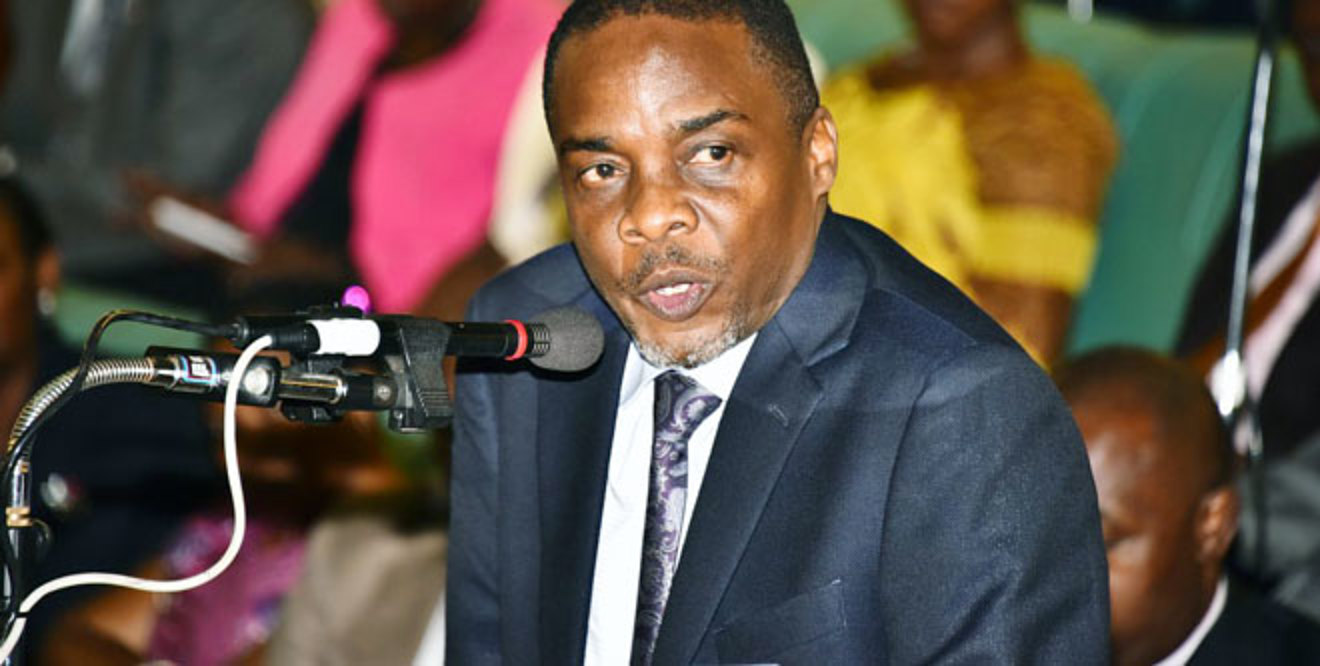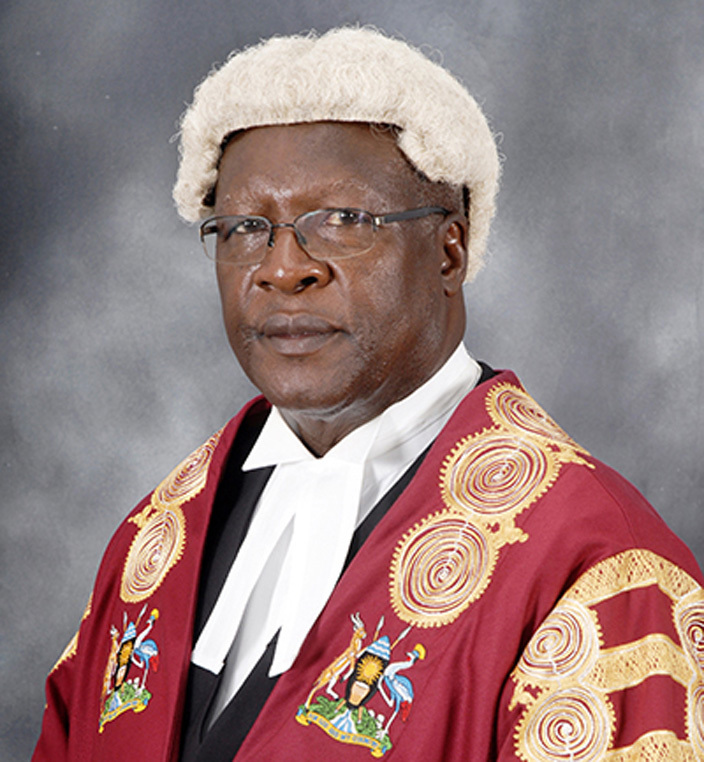
KAMPALA – Seven justices of the Supreme court have on Tuesday, June 25, declined to hold the Attorney General (AG) William Byaruhanga in contempt of its orders to make necessary electoral reforms, ruling that he has made efforts towards achieving the same.
The team led by Justice Stellah Arach Amoko have unanimously resolved to dismiss an application filed by a law professor Fredrick Ssempebwa and two other lawyers who had sought to hold the Attorney General in contempt for failing to implement electoral reforms as ordered by the Supreme Court in the 2016 presidential election petition judgement.
The other two lawyers who dragged the AG are Frederick Jjuuko and Charles Cha Katiba.
In 2016, nine justices of the Supreme Court during the final judgement of the presidential election where Former premier Amama Mbabzi challenged the victory of the incumbent President Yoweri Museveni and recommended that the time in which a presidential election petition is filed should be increased.
They suggested that the time within which the court should hear and determine evidence and holding of a by-election if any should also be reviewed.
However, the justices noted that it would be unfair to hold the AG in contempt yet his role was to liaise with other government agencies ( cabinet and legislature) and follow up on the amendments.
The court has also put into consideration the efforts made by the AG to cause reforms in the presidential elections Act which included; extending the time of filing a presidential election petition from 10-15 days, increasing the time within which the Supreme court evaluates and determines evidence in a presidential election petition from 30-45 days.
It also recommended extending the time to hold a fresh presidential election upon nullification from 20 to 60 days and giving of Oral evidence during a presidential election petition hearing is now permissible as opposed to only the affidavit evidence prior.
Court has observed that the remaining seven reforms can only be done by an Act of parliament and hence timelines and further orders have been made to the effect that parliament gives priority to the pending bills regarding electoral reforms that have since been tabled by the AG.
The AG has also been given 6 months within which to makes a final report on all the ten recommendations.
Through their of lawyers Ladislaus Rwakafuuzi, Tusasirwe and Company Advocates and Kirunda Wasige Advocates, the lawyers had demanded that the Attorney General be liable held for contempt of court for failing to implement the orders. The application is yet to be fixed for hearing by the Supreme Court.
At that election, Amama Mbabazi an Independent Candidatepetitioned the Supreme Court challenging the victory of the incumbent President Yoweri Museveni.

Led by the Chief Justice Bart Katureebe, the nine justices made orders on electoral reforms to be implemented within two years in which the Attorney General was to report to the court the measures taken to implement the orders.
The orders included implementation of electoral reforms, reviewing the time for holding fresh elections in case a presidential election is nullified, the use of technology, nature of evidence, unequal use of state-owned media house, the late enactment of relevant legislation, the involvement of public officers in political campaigns among others.
According to the orders, the Attorney General was meant to report to the same court after two years on the progress but has since failed to do so despite having amended the Constitution to remove term limits.
The three lawyers had stated that the Attorney General together with institutions such as Parliament and the Executive had since failed to implement the said recommendations after the two-year ultimatum elapsed.
They had sought for a declaration that Mr William Byaruhanga is not fit to occupy the office of the Attorney General has failed to implement the court decision.
They had also sought appropriate measures to be put in place compelling the Attorney General to comply with the implementation of the said orders, including an order that the executive shall not present any other legislative business until the orders aforesaid have been complied with.




